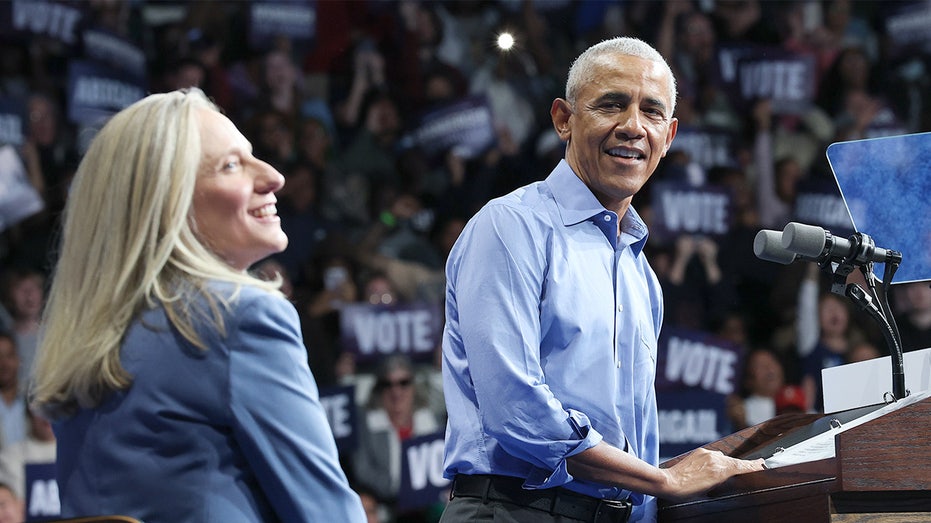The silence was the first warning. A subtle shift in the hum of life support, a momentary flicker in the station’s internal lights. Then, the comms went dark. The three astronauts aboard the Tiangong Space Station – a veteran commander, a brilliant engineer, and a young physician on her first long-duration mission – found themselves utterly, terrifyingly alone.
Initial diagnostics painted a grim picture. A critical component within the station’s primary communication array had failed, and a subsequent power surge had crippled redundant systems. Earth was unreachable. The vast, unforgiving expanse of space had become a steel-and-glass prison, isolating the crew from all contact with humanity.
The commander, a stoic figure named Zhao, immediately initiated emergency protocols. Years of rigorous training kicked in, suppressing the instinctive fear that threatened to overwhelm him. He knew panic was a luxury they couldn’t afford; every second, every calculation, could mean the difference between survival and a silent, drifting end.

Engineer Lin, renowned for her ingenuity, began a frantic assessment of the damage. The failed component was a specialized piece of hardware, not easily repaired with the station’s onboard resources. She meticulously cataloged available materials, searching for a solution, a workaround, anything to re-establish a link to mission control.
Dr. Mei, despite her inexperience in orbital mechanics, proved invaluable. She focused on maintaining crew morale and physical health, acutely aware that prolonged isolation and stress could be as dangerous as any mechanical failure. Her calm demeanor and unwavering optimism became a vital lifeline for her colleagues.
Days blurred into a relentless cycle of troubleshooting, rationing supplies, and conserving power. Lin discovered a potential, albeit risky, solution: cannibalizing parts from a non-essential experiment module to attempt a repair. It was a long shot, requiring delicate precision and a complete understanding of the station’s intricate systems.
The repair was agonizingly slow, conducted in the cramped confines of the damaged communications bay. Each connection, each solder point, was scrutinized under the harsh glare of emergency lighting. The astronauts worked in shifts, fueled by dwindling reserves of food and a desperate hope that their efforts wouldn’t be in vain.
Finally, after what felt like an eternity, Lin completed the makeshift repair. Zhao initiated a power-up sequence, holding his breath as the station’s systems groaned and sputtered. A faint static crackled through the comms, then… a voice. Weak, distorted, but undeniably *there*.
Relief washed over the crew, a wave so powerful it almost brought them to their knees. The connection was fragile, intermittent, but it was enough. They had bridged the void, re-establishing contact with Earth and signaling their desperate need for assistance.
The world held its breath as engineers on the ground worked tirelessly to formulate a rescue plan. The Tiangong Space Station, once a symbol of human ambition, had become a beacon of resilience, a testament to the courage and ingenuity of the three souls stranded among the stars.





